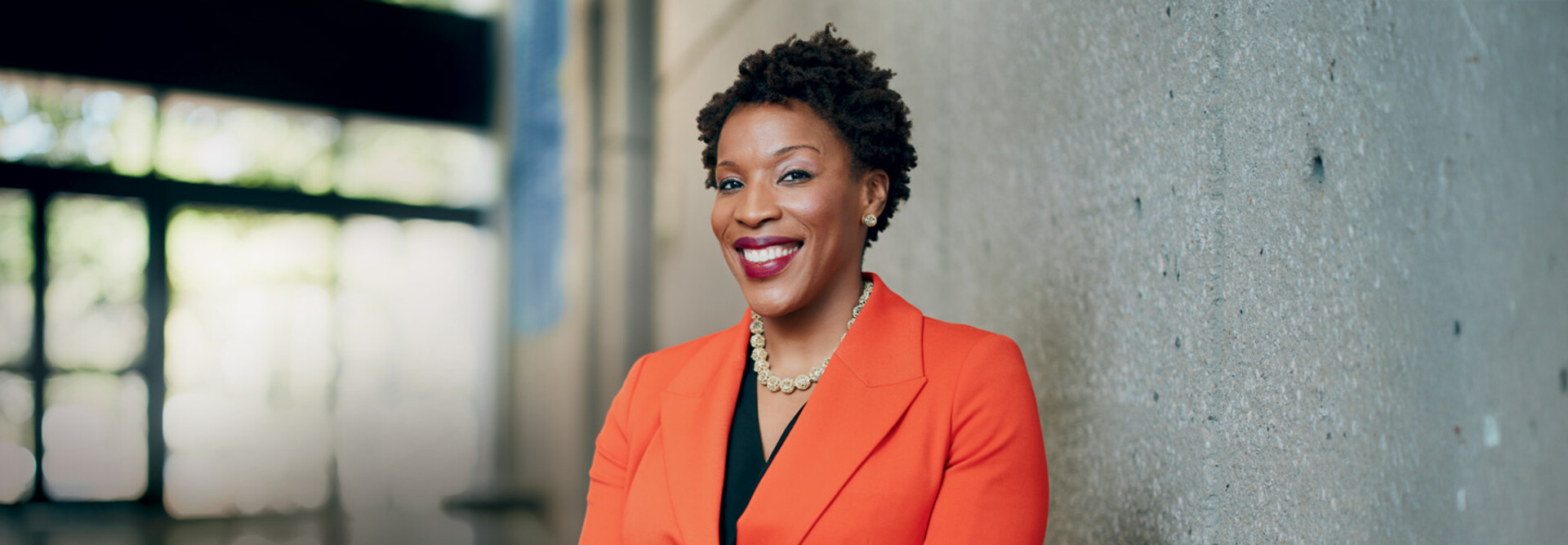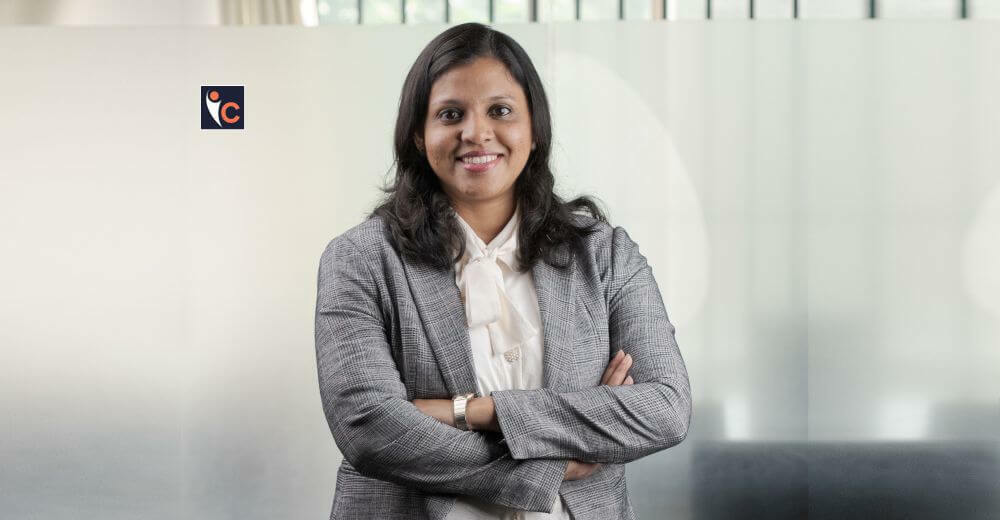Admitting that you need help for your addiction is not a sign of weakness, character flaw, or moral failure. Neha Cadabam, the Psychologist and Executive Director at Cadabam’s Group, emphasizes that just like any other condition, an individual can recover from it. But what’s important is to understand that willpower and determination are simply not the right tools to beat addiction. It requires the right kind of support and help to come from well-trained professionals.
In an interview with Insights Care, Neha shares how she began her journey from treating addiction by creating modules for group therapy at rehabilitation centers, to addressing addiction and mental health, especially among children and adolescents. In addition to using a science-based approach, Neha is also specialized in providing neurofeedback and biofeedback, to support individuals in their journey through addiction.
Following are the excerpts from the interview:
Brief us about yourself and shed some light on your journey towards becoming a part of Cadabam’s Group.
I began my journey in mental healthcare in 2010, having completed my Master’s in Psychology (Clinical). As part of my work, I was creating modules for group therapy at the rehabilitation centers and conducted group therapy sessions as well. Through this period, I realized that a lot of people with addiction issues would have benefited from awareness and understanding at a younger age. This got me interested in preventive and promotive mental healthcare, especially in children.
Over the past few years, my focus has been on addressing concerns around addiction and mental health among children and adolescents. This helps them gain awareness at an early age and allows them to identify areas of concern and helps them stay away from dangerous situations as well.
I have also specialized in understanding how biofeedback and neurofeedback help individuals with addiction issues and other mental health disorders. I find it incredibly interesting and effective as a treatment option.
What roles and operations do you play at the organization? How do they contribute to delivering the type of care that patients need, those who suffer from Addiction issues?
A rehabilitation center is made of multiple components that work in tandem. My role is to work on preventive mental healthcare and promotive mental health. The main aim has always been to create awareness and spread the right kind of information.
With a science-first approach, I have been deeply involved in the creation of specialized group therapy modules along with my team of clinical psychologists and counselors. These modules are then utilized at the rehabilitation center, and we constantly revise these modules to meet the changing requirements within the field of mental healthcare.
What is your opinion, are some of the psychological tools and tactics implied to best treat and support addiction behaviors? Why is support essential for recovery from addiction? What are your thoughts on AA meetings?
Unlike popular assumptions, willpower and determination are usually not the only ingredients required to beat addiction. It takes a lot more and usually, it needs dedicated treatment and assistance from a professional team.
At Anunitha, our focus is always on a biopsychosocial approach toward recovery. We understand that any mental health disorder is a combination of the biological factors behind it, the social situation in which a person finds themselves, and multiple psychological factors that affect them.
Treatment options focus on addressing one or all of these concerns and include medication management, motivation enhancement therapy, family therapy, biofeedback, neurofeedback, supplementary therapies, and more. We also place special emphasis on involving the family in the recovery process and ensuring that the individual has adequate professional and personal support.
Coming to AA support groups, are a great supplement to mainstream therapy offerings. While they cannot be considered a complete treatment option on their own, they do help a person sustain their recovery over a longer period.
Tell us about different services and goals that you look after when treating different addiction issues like drugs, cigarettes, alcohol, etc. Is every treatment plan tailor-made? What common elements do you ensure to tap into when treating individuals?
At Cadabams Anunitha, we have a set process we follow while helping an individual towards recovery. Something to be noted is that our multi-disciplinary team plays a crucial role in the entire recovery process. Every client begins with a consultation with our psychiatrist and then our psychologists. Through these sessions, the professionals conduct various tests and assessments. These assessments help the professionals understand the type and severity of the disorder, allowing them to determine the way forward. The professionals then work together to chart out a customized treatment plan and its duration ranging from medication management to customized therapeutic offerings. Post this, the individual is on the road to recovery!
While the treatment plan is customized to meet an individual’s needs, there are a few things we keep constant throughout our programs. These include proven therapies like Motivation Enhancement Therapy (MET), Group Therapy, Cognitive Behavioral Therapy (CBT), and more. These ensure that no matter what, our programs are always based on scientifically backed principles that are known to accelerate recovery.
How do you ensure that your group therapy modules stay updated on the latest treatment practices?
At Anunitha we also have a knowledge-sharing partnership with CNTW, NHS, UK. In fact, we are the first and still one of the only rehabilitation centers to have an international alliance with an organization of CNTW’s stature. Through this partnership, we are constantly able to keep our treatment approaches and methodologies in line with the best practices across the world.
How do you envision scaling your services and operations in 2023 and beyond?
2023 looks quite exciting for us! We have quite a lot to look forward to and quite a few learnings from 2022 that we want to implement. One of our focus areas will be to develop effective Public-private Partnerships (PPP) to address addiction issues within society. This is something that has worked for us in the past as well.
Our other major point of focus will be to create as much awareness about the prevention of addiction issues and the consequences of addiction as possible. We also plan to work intensely at the community level. We are also excited about our partnership with Karnataka State Police through which we will be providing free dedicated deaddiction treatment to police personnel in the Ramanagara.
The post Neha Cadabam: Using a Biopsychosocial Approach Towards Recovery appeared first on Insights Care.











